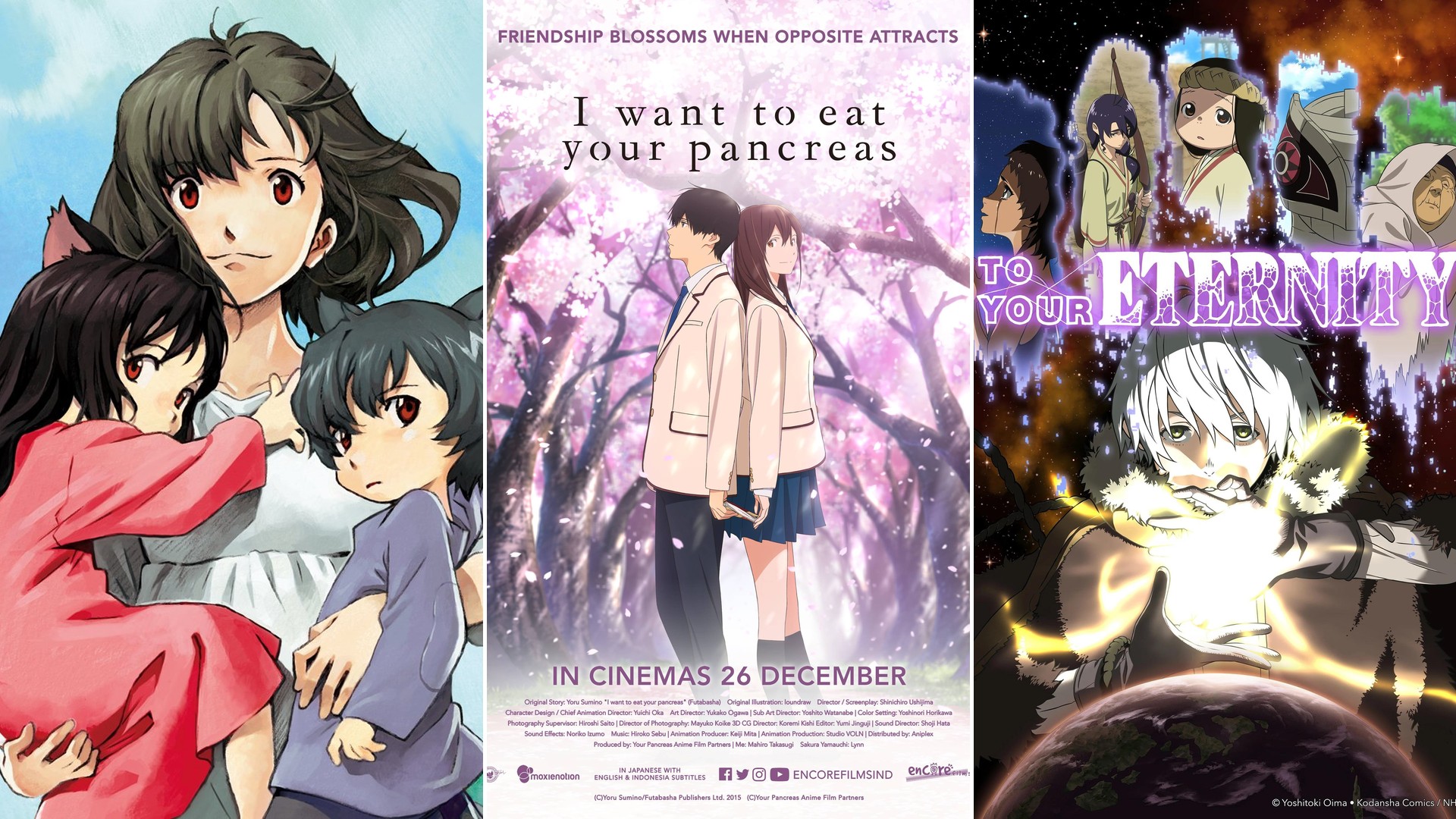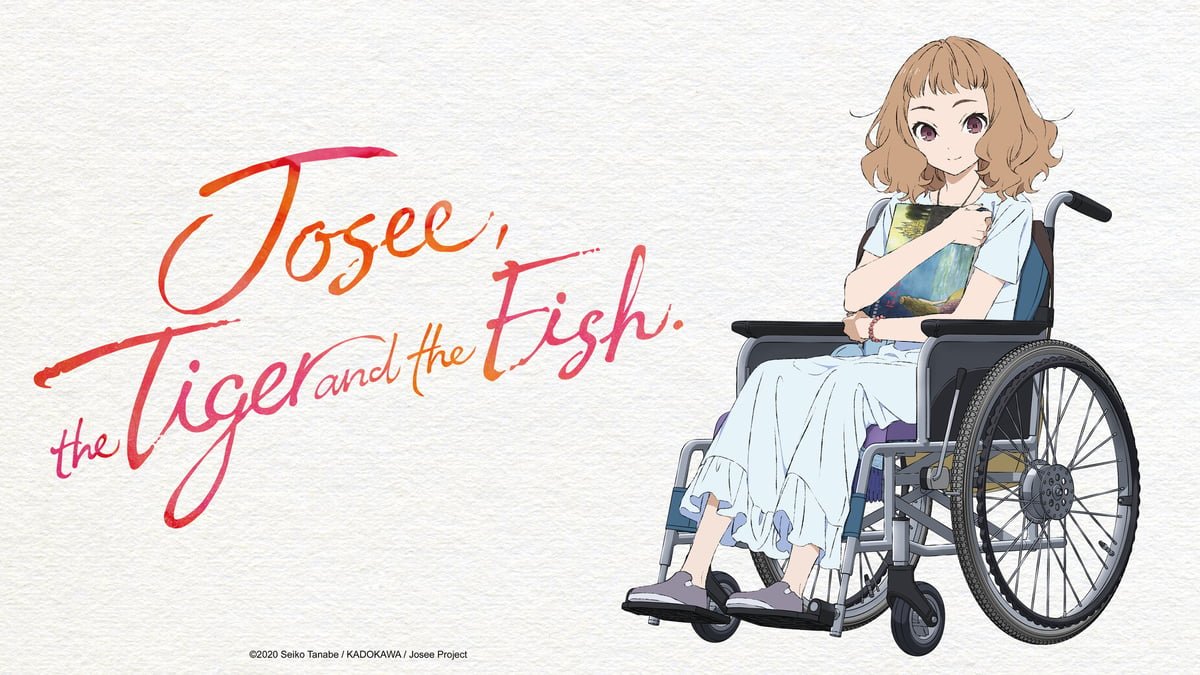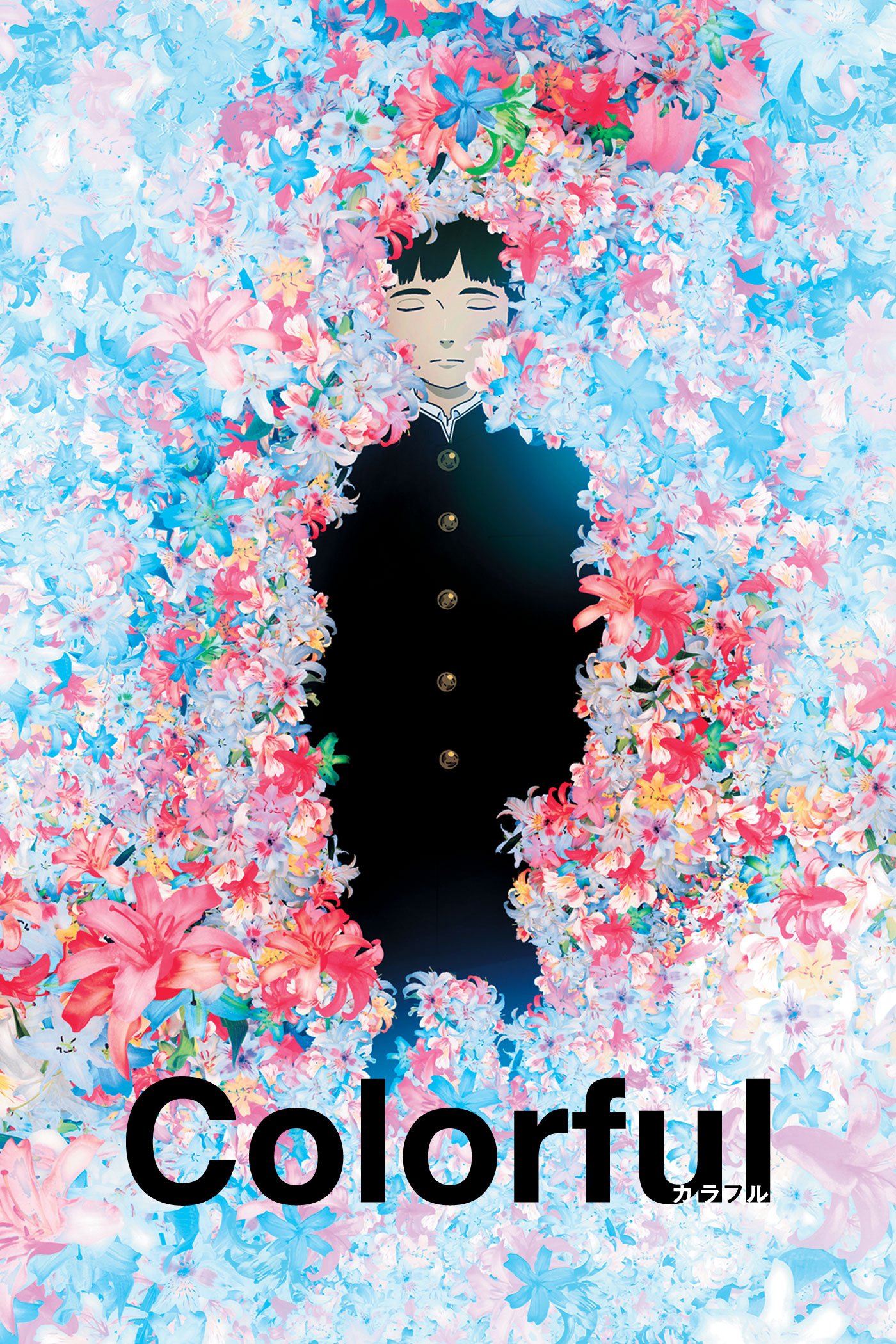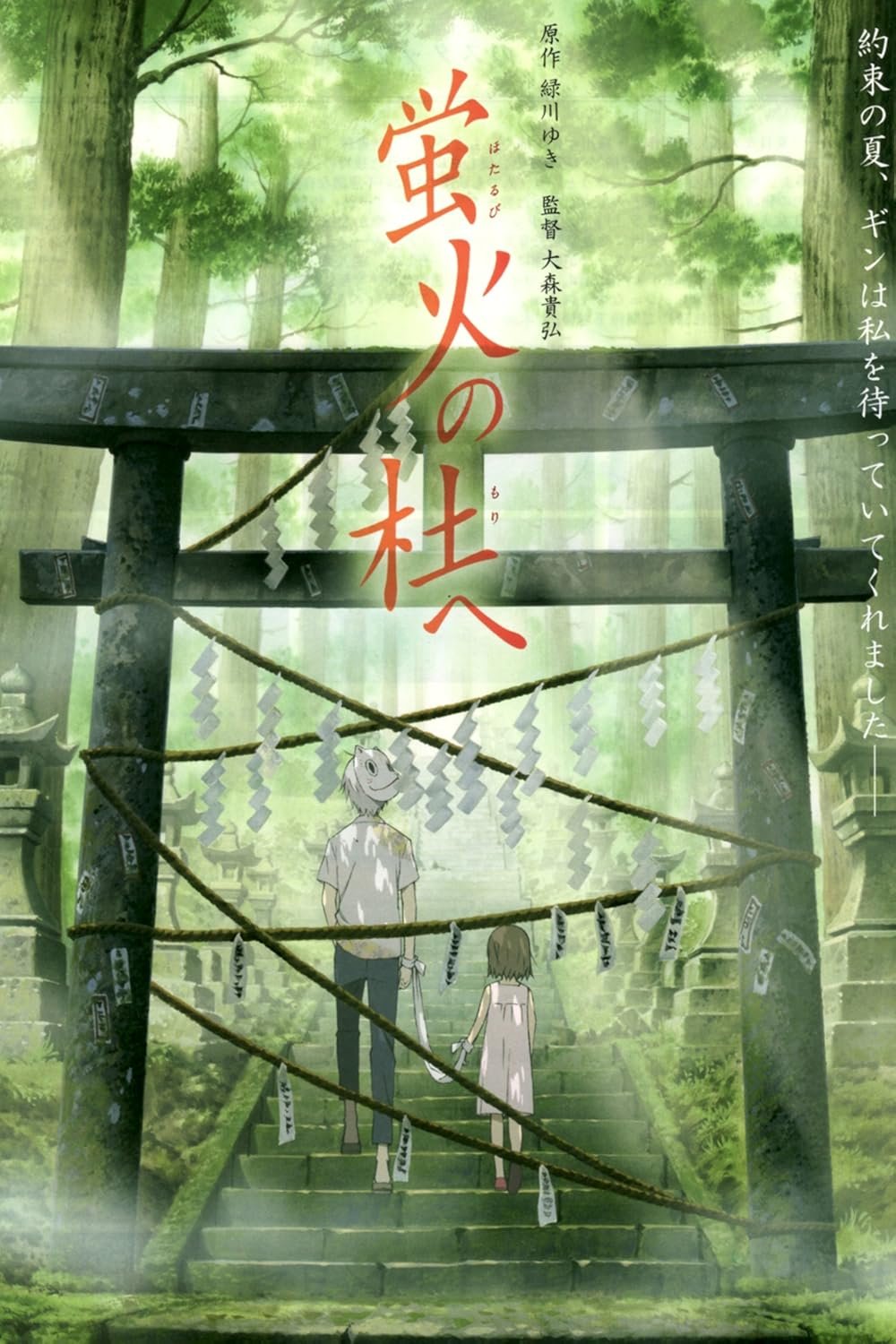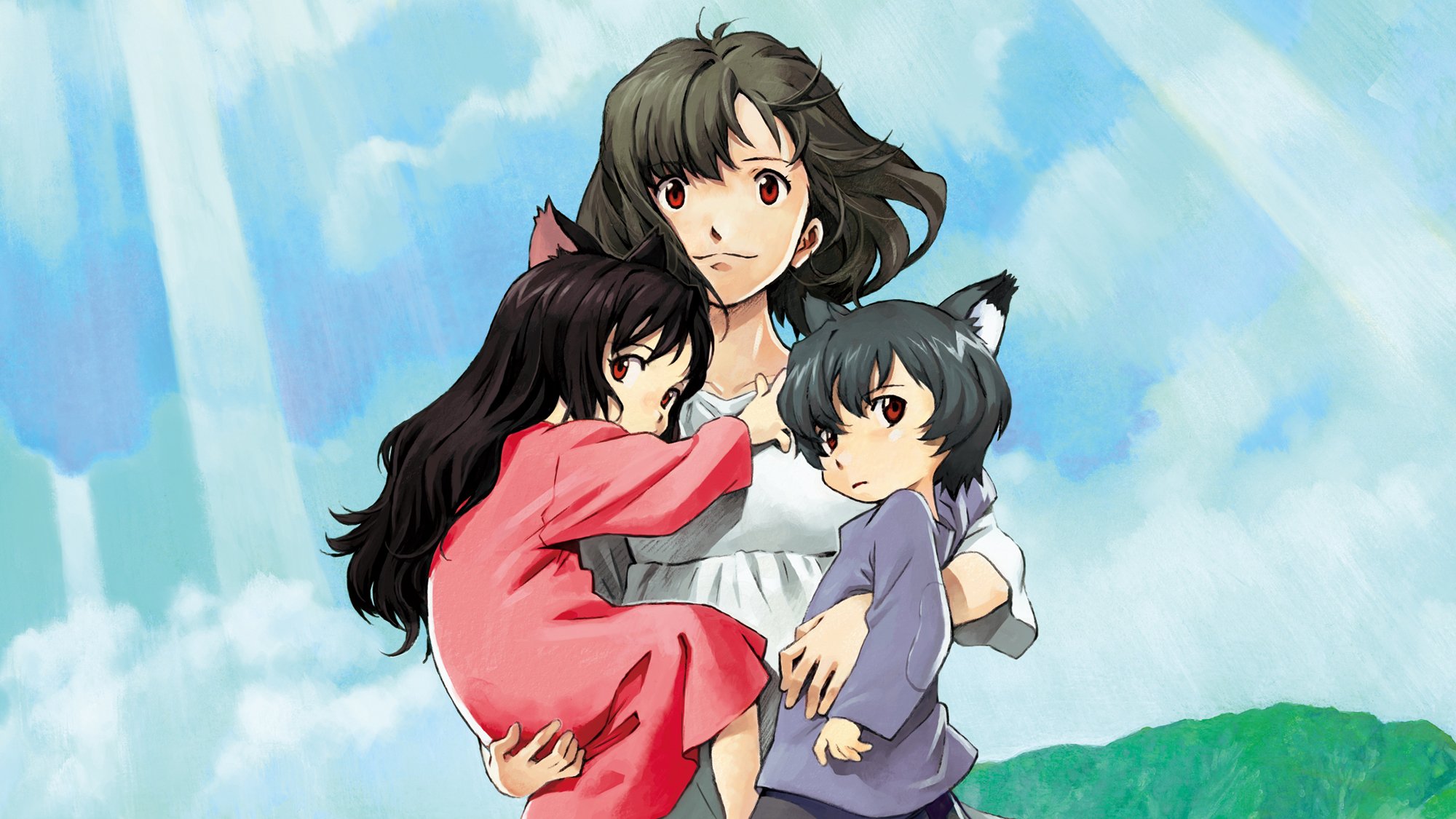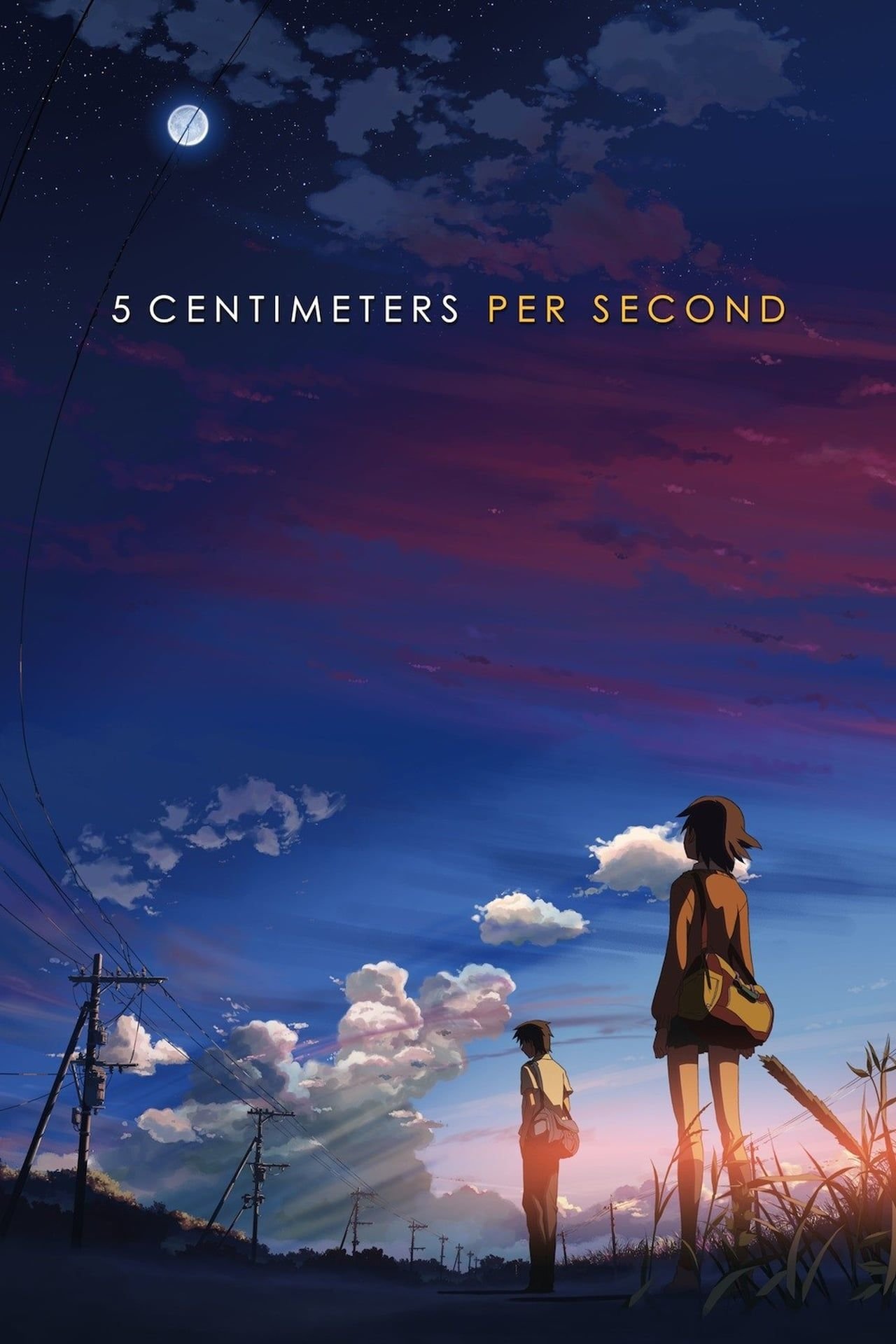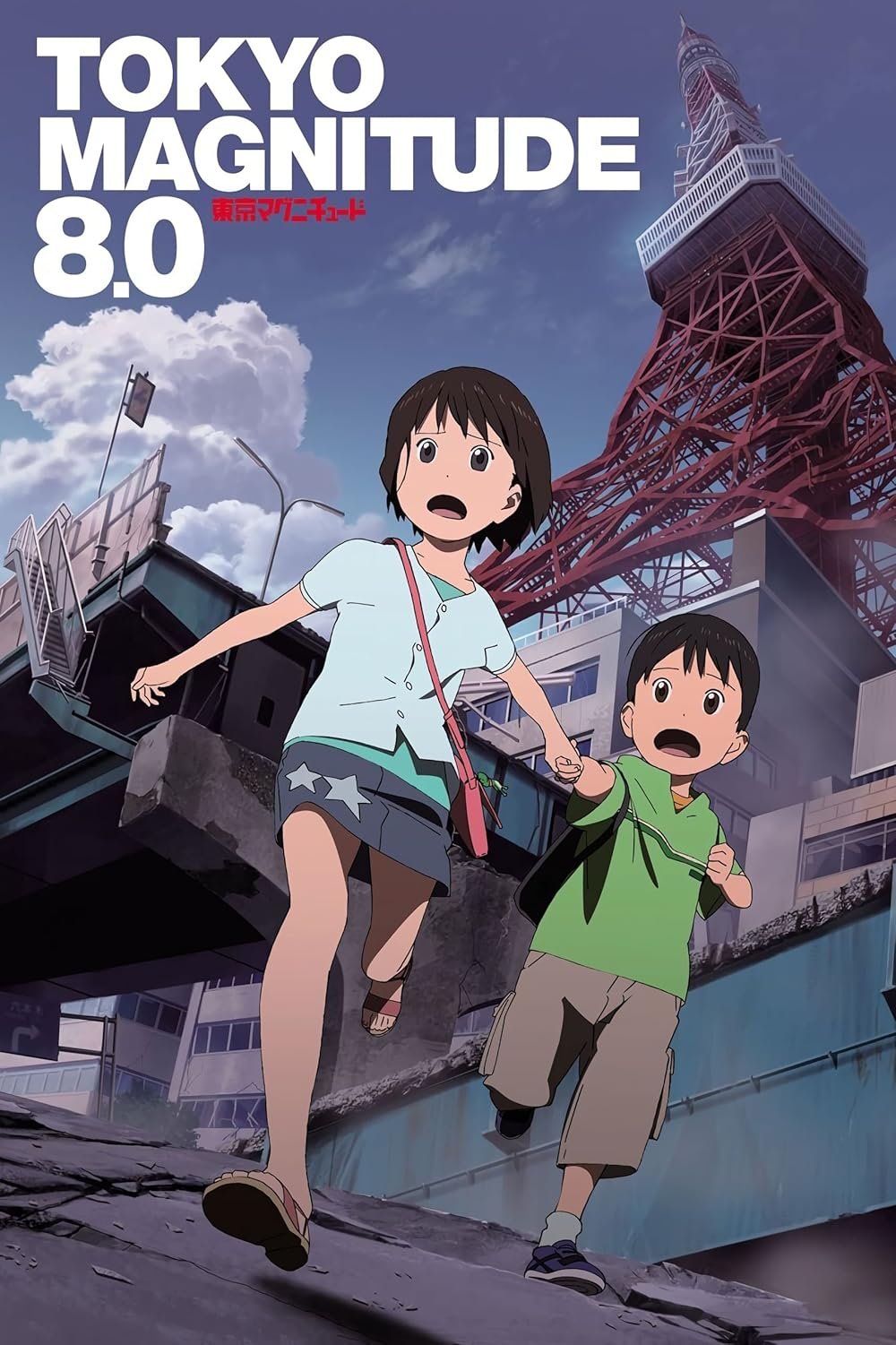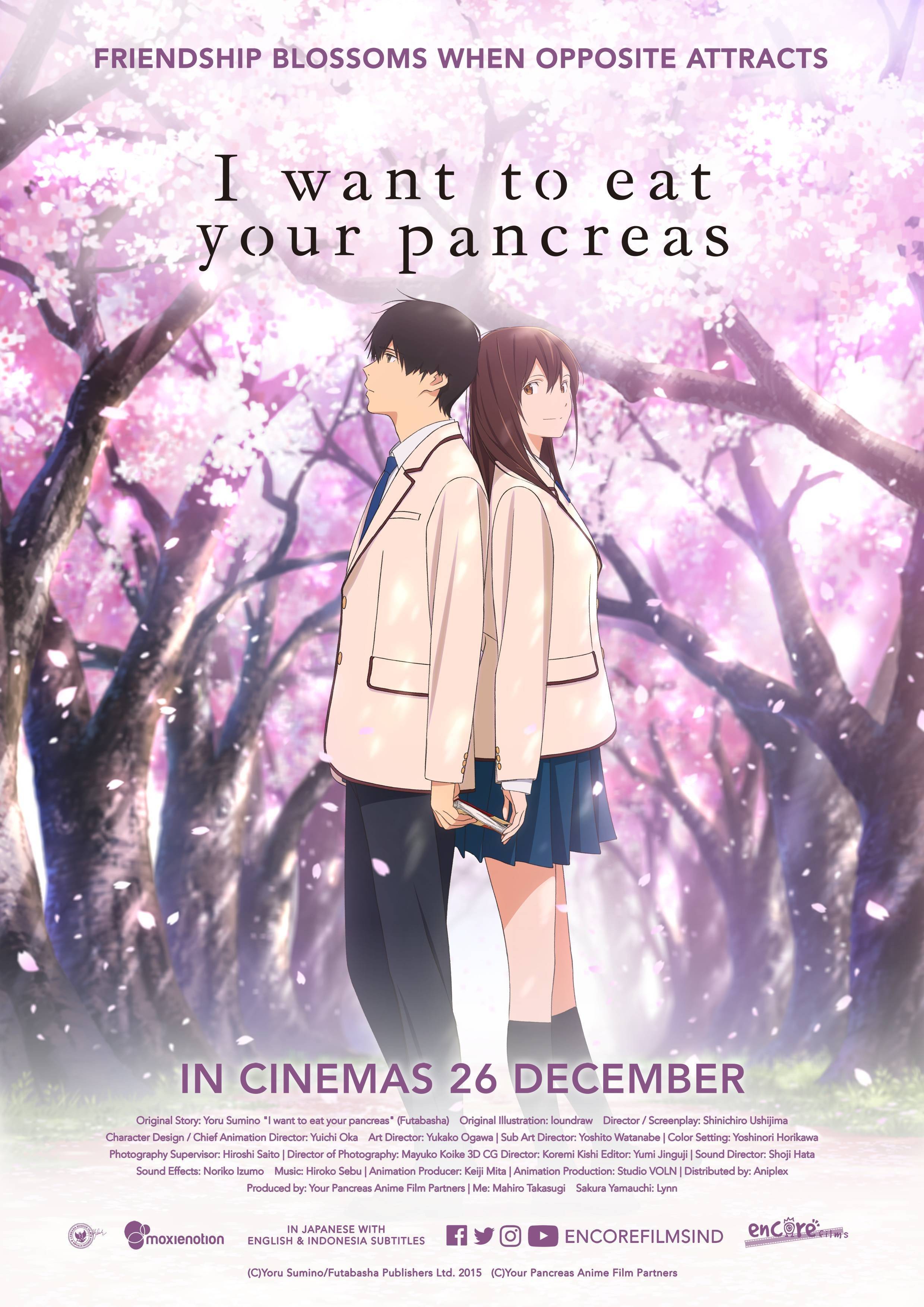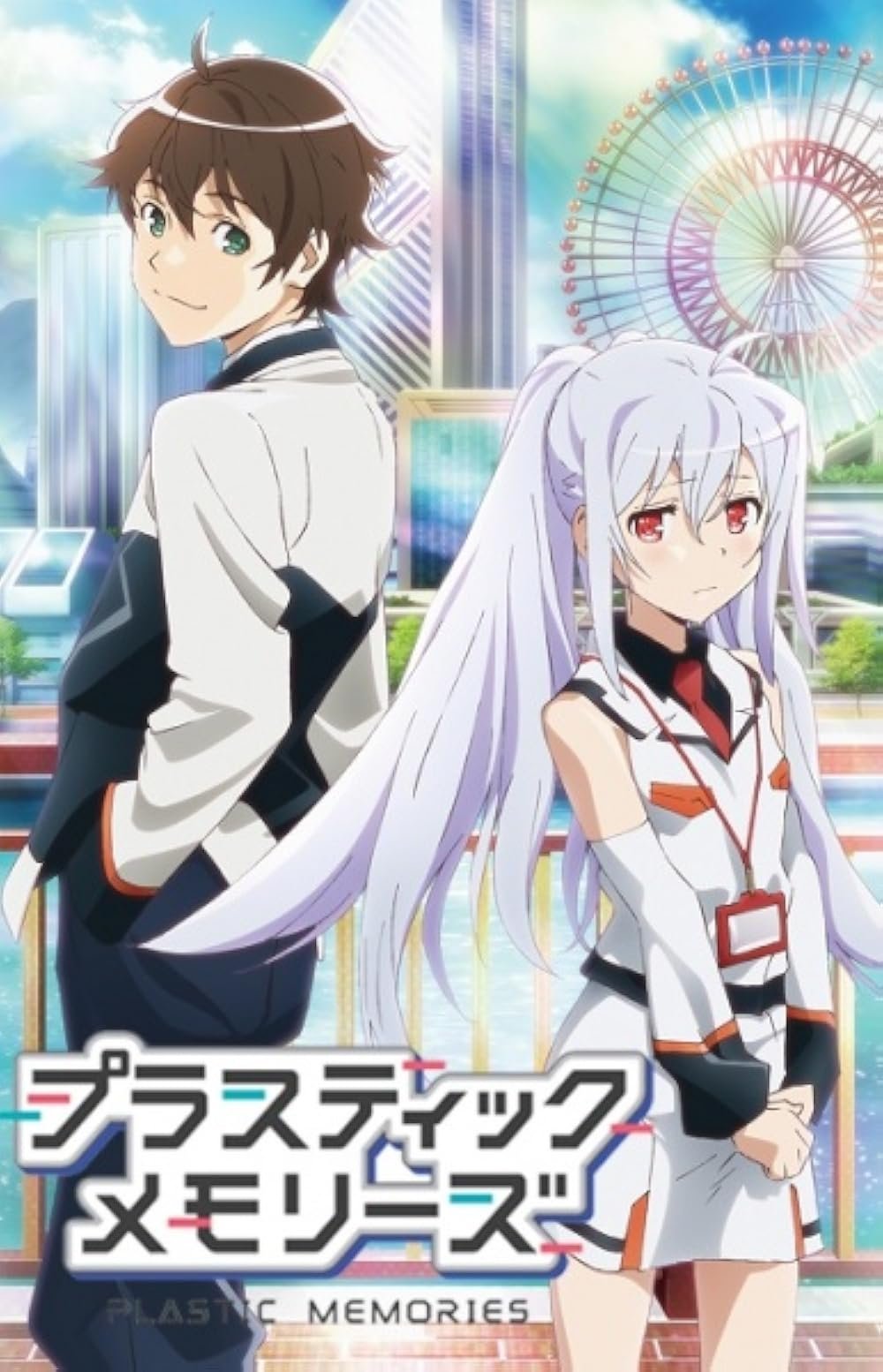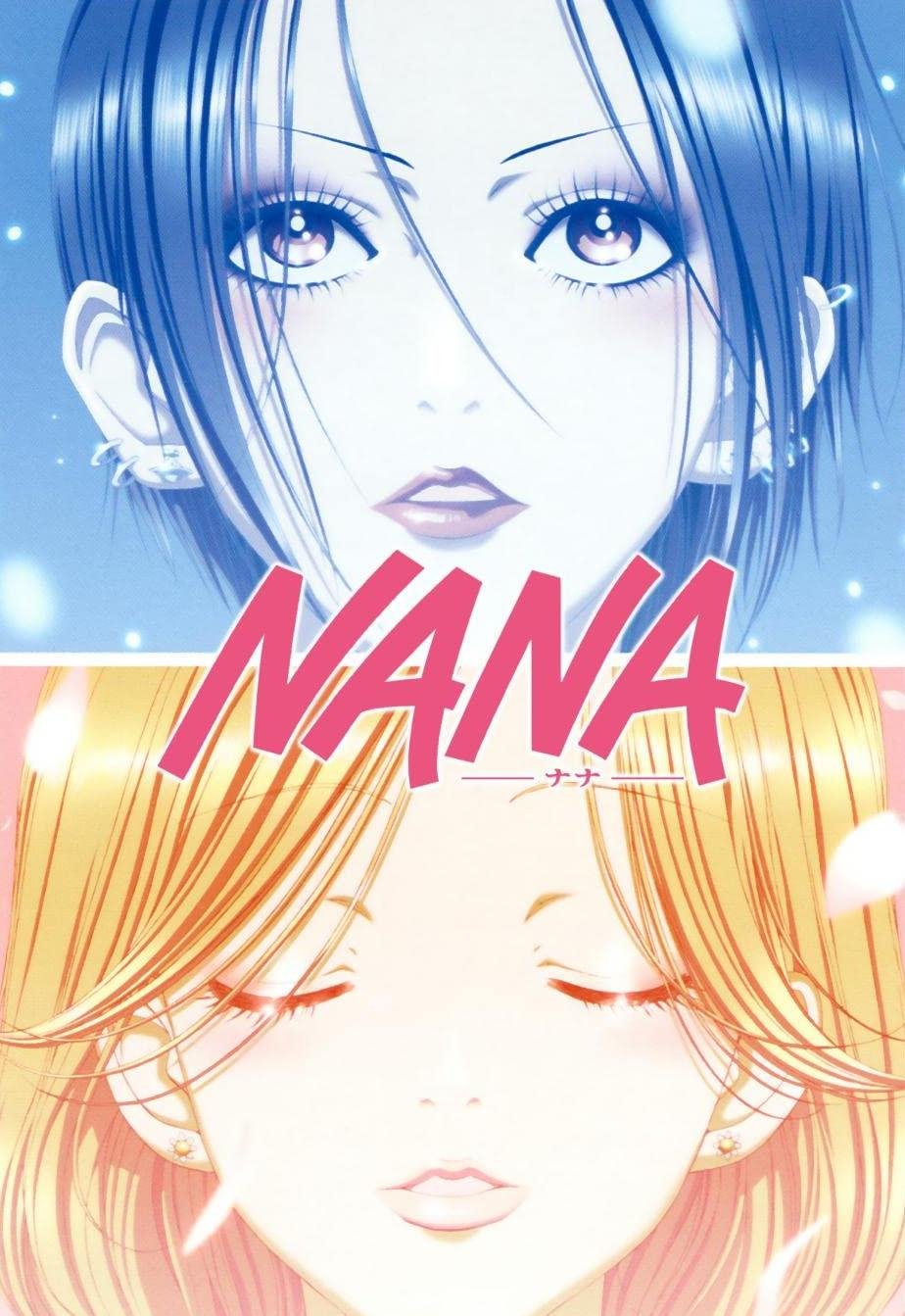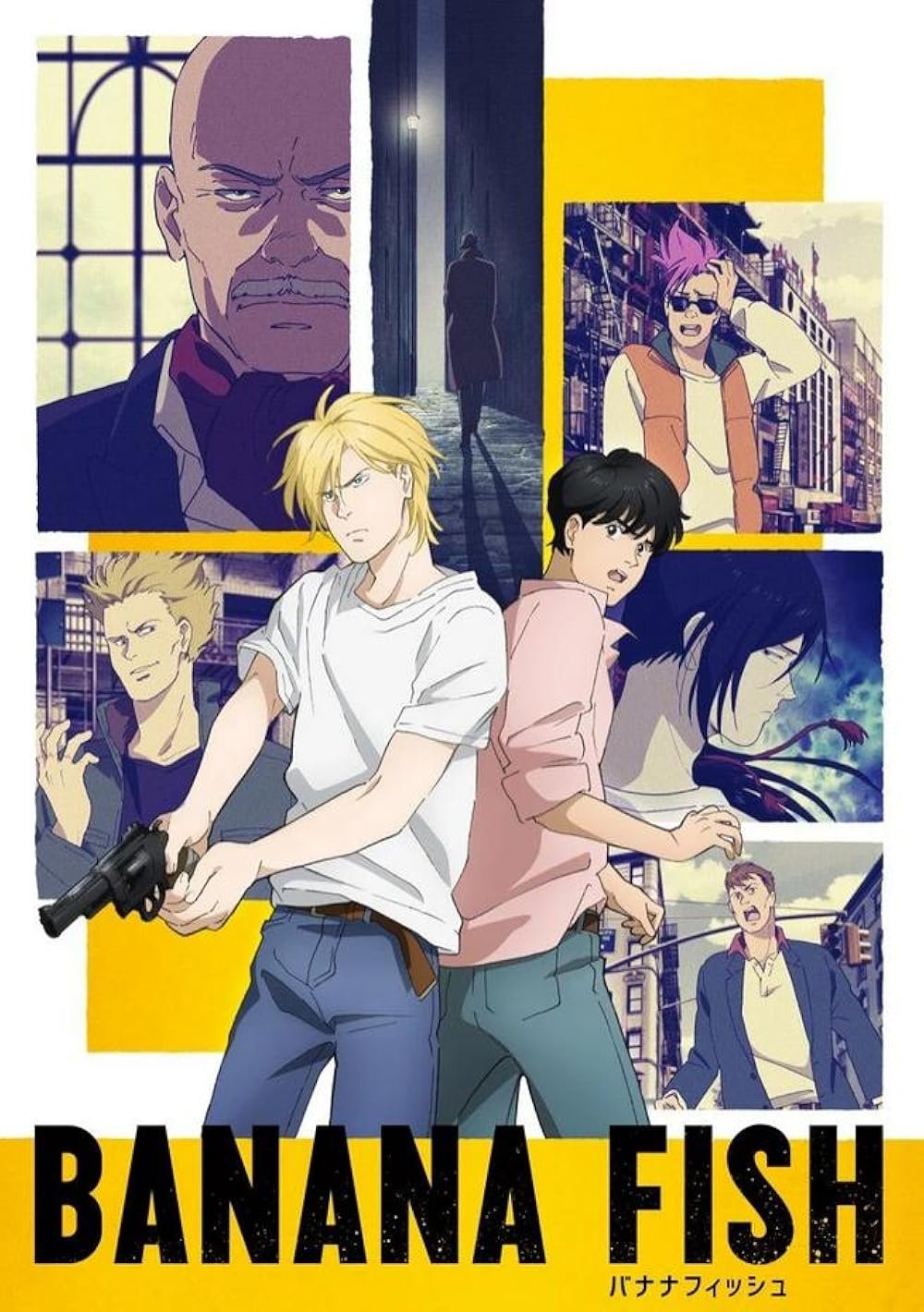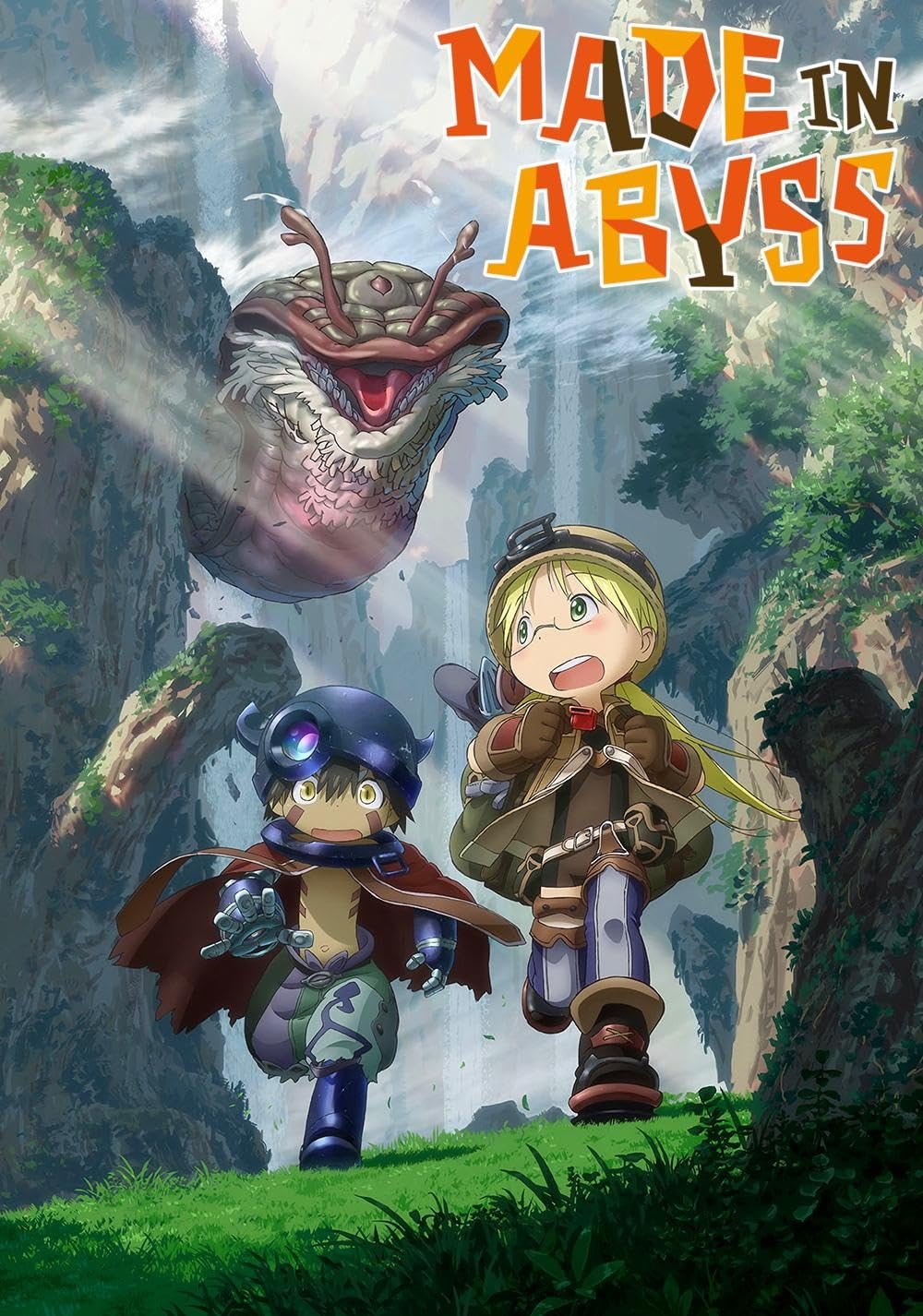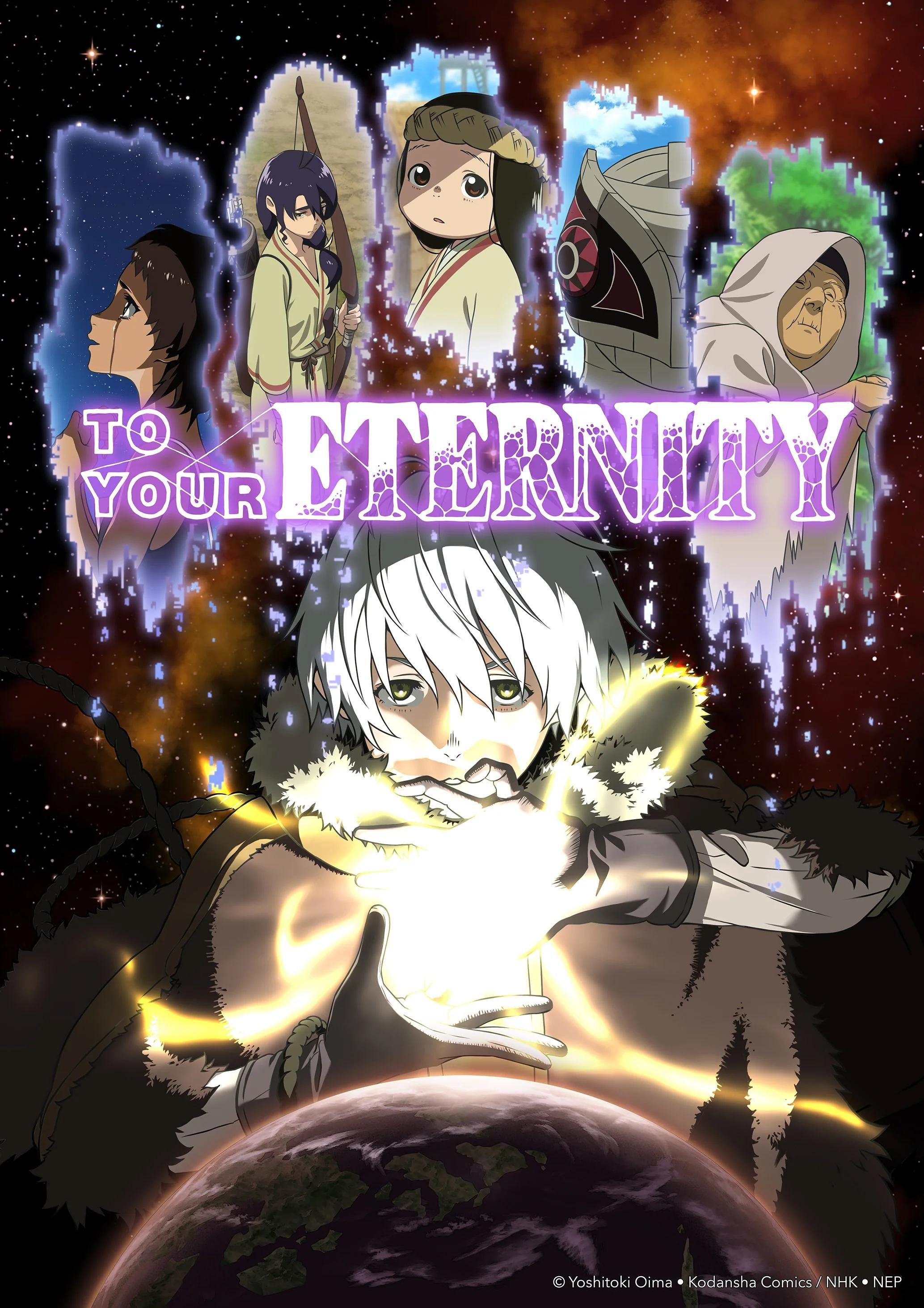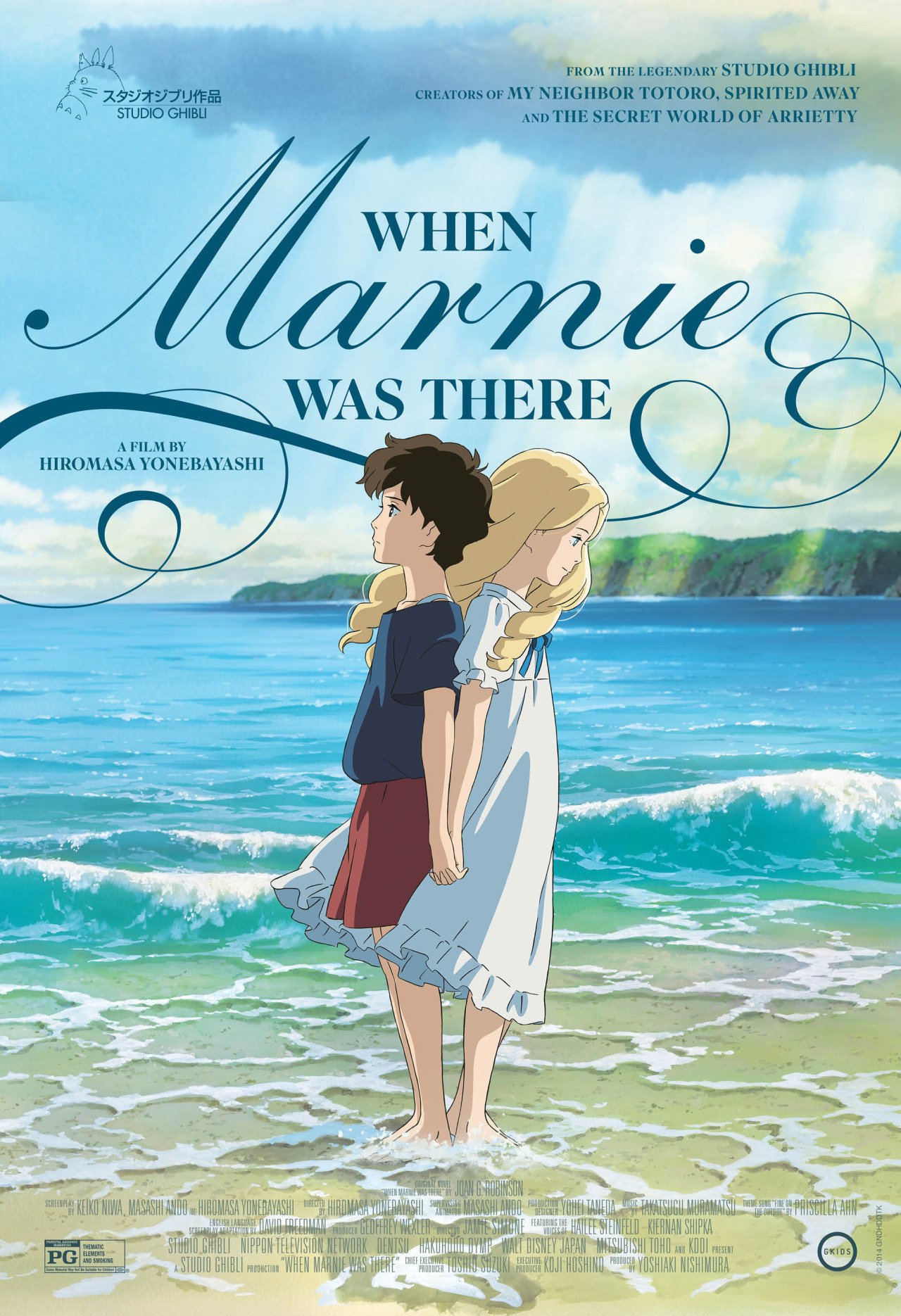This list counts down the most heartbreaking anime from quieter dramas to heavy tragedies. It starts at a lower rank and builds to the titles that hit the hardest. The focus is on emotional impact, not only plot twists, so films and series that linger stay higher even if they are small in scale.
Some entries deal with grief, illness, war and trauma. Viewer discretion helps, especially for younger audiences. While tastes vary, each pick here has scenes that many fans still carry years later, which is why these stories of loss and hope sit near the top.
#22 Josee, the Tiger and the Fish
Josee is a wheelchair user who meets Tsuneo, a college student with his own plans. Their bond grows as both push against limits set by fear and routine. The movie treats dreams and independence with care, which makes the final choices sting.
Small moments carry the weight. An early morning by the sea, a sketchbook on a lap, a brief argument that says too much. When reality forces them to choose a path, the film leans on bittersweet honesty, not melodrama and that keeps the sadness grounded.
The ending is not bleak for shock value. It is about what love looks like when you want the best for someone and it may not include you. That quiet truth is what makes this film linger and leaves a soft ache that feels earned.
#21 Colorful
A lost soul gets a second chance in the body of a teen boy who recently died. To keep this gift, he must learn who the boy was and why he reached such a dark point. The film faces bullying, family distance and shame with an unblinking eye.
There is mystery, but the heart is in ordinary scenes. A quiet dinner, a school hallway, a train window at dusk. These moments expose how easy it is to miss someone’s pain. The movie shows how small kindness can change a day and how silence can crush it.
Colorful does not solve everything. It offers a path to try again, not a reset. That restraint gives the last act a heavy, reflective feel. The sadness comes from seeing how close people stand while still feeling alone.
For many viewers, the reveal clicks pieces into place without turning grief into a trick. It is thoughtful about second chances and careful with the topic, which helps the message land with respect.
#20 Hotarubi no Mori e
Hotaru meets Gin, a spirit tied to a forest who cannot be touched by a human or he will vanish. Summers pass, feelings deepen and the rule never changes. The setup is simple, which makes every shared minute feel fragile.
The film is short, yet it builds a full life of inside jokes, quiet walks and hopes they cannot keep. Each near touch is a reminder of the line they can never cross. That constant restraint turns one brief moment into devastation and soft beauty.
Its sadness is clean and clear. There are no villains, only the cost of a rule that cannot bend. That makes the final scene one of anime’s most memorable heartbreaks and a lesson in how little it takes to break a world.
#19 Wolf Children
After a chance romance, Hana raises two kids who are both human and wolf. When tragedy strikes, she faces storms, work and isolation to give them a home. The film honors quiet grit and the mess of parenthood.
Loss arrives early, but the heavy emotion creeps in later when choices pull the family in different directions. One child seeks the wild. The other wants the city. Hana keeps showing up, even when the house shakes and the bills stack. That persistence is moving because it feels real.
Nature is not a backdrop. It is a force that tests and teaches. The final goodbyes are not loud. They are the kind of leaving every parent knows. The joy of growth and the grief of letting go sit in the same tight space.
By the end, the film delivers a rare mix. It hurts and it heals. It says love means giving children the room to become themselves, which is both a win and a quiet loss.
That balance is why the story hits so many viewers. It treats family with respect and shows that strength can be gentle and tired at the same time.
#18 5 Centimeters per Second
Two friends drift apart as time and distance turn small gaps into years. Trains are late. Messages pile up. Life moves on without asking. The film captures how a first love can freeze a piece of you in place.
Snowfall, cherry trees and empty platforms do the talking. There is no grand wrong to fix, just paths that never line up again. The sadness lands because the film refuses neat closure. It is about missed moments and the weight of what we imagine.
When it ends, you feel a quiet click. Not tragedy, but a truth many learn the hard way. Some stories fade without a scene that lets you say goodbye. That quiet is what hurts the most.
#17 Tokyo Magnitude 8.0
After a massive quake, two siblings try to reach home with help from a stranger. Streets crack. Phones die. People wait and worry. The show focuses on human moments rather than spectacle, which makes each step tense.
It shows kindness in small ways. A shared bottle of water. A steady voice on a shaky bridge. The series holds on long enough for hope to rise, then reminds us that disaster leaves holes that cannot be filled. That contrast is gutting.
The emotional turn is handled with care. It does not use shock for cheap tears. It reveals slowly, letting realization sink in. By the end, what stays is not the quake but the bond that held through it and what it cost to keep it.
This is a hard watch for anyone sensitive to real-world events. It earns its sadness by treating people with dignity and showing how fragile normal life can be.
#16 Saikano: She, the Ultimate Weapon
Chise is turned into a living weapon while trying to keep a new romance alive. The war outside mirrors the war inside as she loses pieces of herself. The tone is bleak but the love story stays human.
Scenes of quiet dates sit next to sudden conflict. The show asks how long a person can carry both duty and heart. Each upgrade makes her stronger and less herself. That slide is the source of the deepest sadness.
By the end, there is no perfect answer. Only two people holding on as everything else burns out. It is a tough, unflinching series that explores how love can persist even as the self erodes.
#15 I Want to Eat Your Pancreas
A quiet boy learns a classmate has a serious illness. She pulls him into days he would have missed. They share trips, small dares and honest talks about time. The film makes the mundane feel urgent.
Also Read
10 phrases that sound supportive but are actually a subtle sign of manipulation
There is a turn many do not expect and it reframes everything. The story refuses to let viewers plan the goodbye they were bracing for. That choice makes the final letters and memories even more piercing.
The leads change each other in modest ways. He speaks up. She slows down. The script trusts quiet pauses and avoids heavy speeches. That respect for normal life makes the grief feel personal and the hope feel earned.
Music and light are used with restraint. A train window, a hospital corridor, a night view with too many city lights. These simple images pair with the theme that joy and fear can sit in the same small moment.
By the credits, it leaves a call to step outside your shell. Not in a loud way, but in a way that asks you to be present while you still can.
Also Read
10 Phrases That Sound Supportive But Are Actually a Subtle Sign of Manipulation
#14 Plastic Memories
In a world with androids who have a short lifespan, a retrieval team collects them before things fall apart. Two partners grow close while knowing their clock is set. The premise builds grief into every assignment.
Episodes show families facing the end with denial, grace, or both. The central romance carries the same fate. The show does not hide from the countdown. It asks what love means when the ending is fixed, which makes each date sharper and sweeter and also more painful.
It is gentle, even when it hurts. The sadness comes from acceptance, not despair. That calm tone is what sets it apart and leaves a soft echo after it ends.
#13 Nana
Two women named Nana share an apartment and chase different dreams. One seeks stardom. The other wants a steady life and love. Their paths knot with bandmates, exes and bad timing. The show captures messy twenties with honesty.
Also Read
People With Low Emotional Intelligence Often Miss These 6 Social Cues
It is the kind of drama where a text not sent can wreck a week. Shows, parties and late-night talks carry more weight than big twists. When the hits come, they feel earned because the series built a full circle of friends and flaws.
Romance here is not a cure. It can be a risk. The story explores how work, money and pride strain bonds. That realism makes the heartbreaks cut deeper and the reunions feel earned.
Even without closure, the characters stick with you. The soundtrack, the jackets, the tiny apartment kitchen. It all adds up to a world that feels lived in and fragile at the same time. That is why the sadness lands with real weight.
#12 Banana Fish
A gifted gang leader and a kind outsider form a bond in a brutal world. The series deals with crime, power and old wounds. It is fast and often violent, yet the quiet scenes between the leads carry the core.
Also Read
8 Weird Habits You Don’t Realize You Have From Growing Up In A “We Can’t Afford It” Household
The show is unafraid of consequences. Choices close doors for good. That keeps tension high and makes tender moments feel rare. When the story reaches its end, it does not flinch. The pain is sharp because the friendship felt true.
It is a heavy watch that still finds light in trust and small acts of care. That contrast is what gives the tragedy its lasting impact and its humanity.
#11 Made in Abyss
A girl and a strange boy descend into a massive abyss in search of answers. The deeper they go, the higher the cost. The series blends wonder and horror with a careful hand, which makes the hopeful parts feel brighter.
Supporting characters bring the hardest tears. One story of friendship and transformation is among anime’s most devastating arcs. It shows how love can be twisted by survival until mercy is the only kindness left. The show treats this with rare gravity.
Also Read
10 Phrases That Sound Supportive But Are Actually A Subtle Sign Of Manipulation
The art style can look soft, but the content is not. Injuries, sacrifice and moral lines are tested. The contrast adds to the ache because it reminds you that curiosity has a price and innocence is not a shield.
Music and sound design do a lot of work. A quiet theme over a broken promise. An echo in a tunnel that feels too long. These touches deepen the sense that every step forward trades away a piece you cannot get back.
By the time credits roll, you feel both awe and dread. That mix is rare and it is why this show sits high on many lists of sad anime that also feel like an adventure you will not forget.
#10 To Your Eternity
A being that starts as an orb learns life by taking new forms and meeting people. Each bond teaches and then ends, often in loss. The show turns the cycle of learning and grief into a quiet, spiritual journey.
Also Read
8 Cringey Phrases Older Relatives Use at Family Dinners That Younger Guests Dread
Individual arcs feel like short stories with their own highs and lows. The sadness comes not from shock but from seeing how growth demands goodbyes. It invites you to care, then asks you to let go, again and again, which is both harsh and honest.
It is a series about why memories matter. The faces Fushi carries forward are acts of love. That idea makes the pain bearable and the hope feel real.
#9 When Marnie Was There
Anna spends a summer by the marsh and meets Marnie, a girl who feels both new and familiar. The film is quiet and patient, letting wind, water and old houses set a mood of longing.
The mystery is gentle. As the truth unfolds, the movie becomes a story about belonging and the kind of love that crosses time. Tears come not from shock but from a feeling of completion that still hurts.
